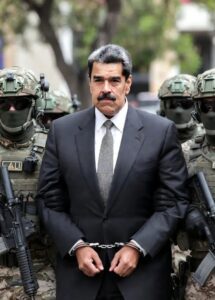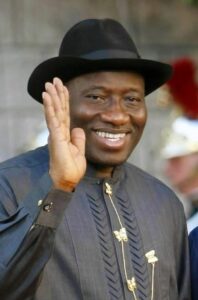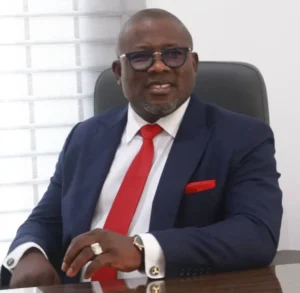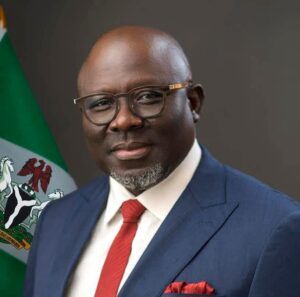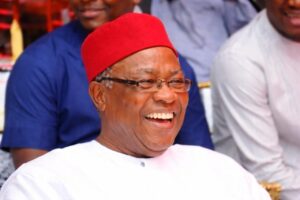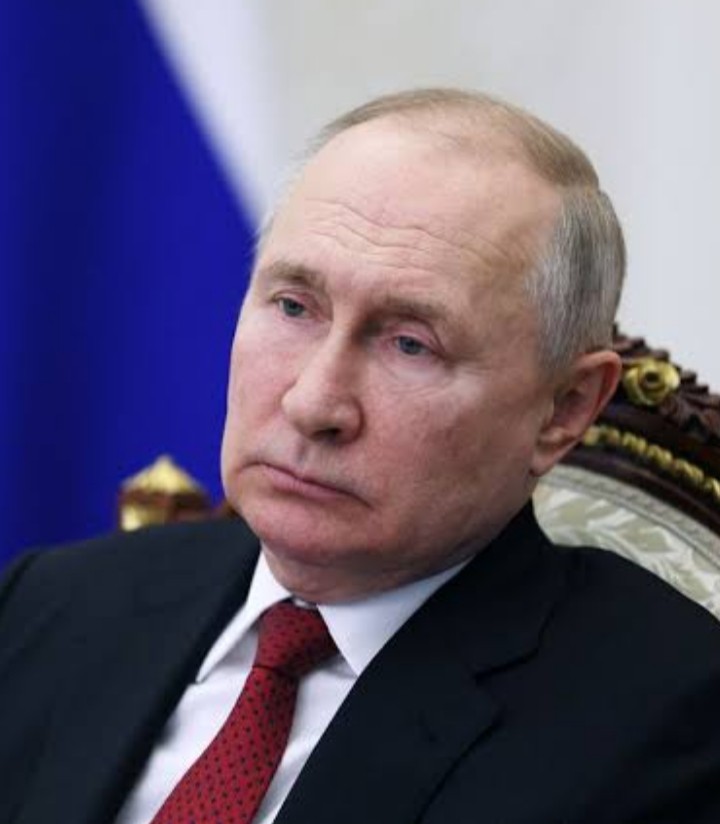
Vladimir Putin
By James Kilner
For Vladimir Putin, this is the end of the road.
[the_ad id=”16914″]
He may just survive an armed rebellion by Yevgeny Prigozhin and his Wagner mercenaries but he will be permanently damaged and his Kremlin days are numbered.
Putin’s aura of invincibility and control, badly fractured by his misguided and failed invasion of Ukraine, will now be shattered.
[the_ad id=”16918″]
Russians like their leaders to be tough. Any sign of weakness can be terminal and the rebellion, as well as Putin’s pleading address to Russians for their support, has made him look weak.
Millions of Russians who had once looked up to Putin as their indomitable saviour, a man they cheered for restoring Russian pride after the collapse of the Soviet Union in 1991 and the humiliation of the 1990s, will instead see a damaged and failed man.
[the_ad id=”16917″]
Formerly obsequious Russian officials who had crawled over one another to please Putin in the hope of currying fortune and favours will now look to others.
And there is form. Russian and Soviet leaders rarely survive for long after a coup, even if it initially fails.
Locked up in a villa in Crimea, Mikhail Gorbachev sat out a coup by Kremlin hardliners in August 1991 but his power ebbed away and within five months he had lost his position as Soviet leader.
Two years later, Boris Yeltsin turned his tanks on the Russian parliament after they tried to dislodge him from power. It worked and shored up his presidency but the chaos that his coup unleashed ate up Yeltsin, who turned to drink.
By New Year’s Eve 1999/2000, bloated and in ill health, he had given up after a chaotic six years as president and quit in favour of Putin.
[the_ad id=”16920″]
And Putin appeared to recognise his historically precarious position in his pleading morning address from the Kremlin when he compared the coup to 1917, the year of two revolutions in Russia that allowed the Bolsheviks to seize power and set up the Soviet Union.
”The beneficiaries were various political chevaliers of fortune and foreign powers who divided the country, and tore it into parts. We will not let this happen,” he said.
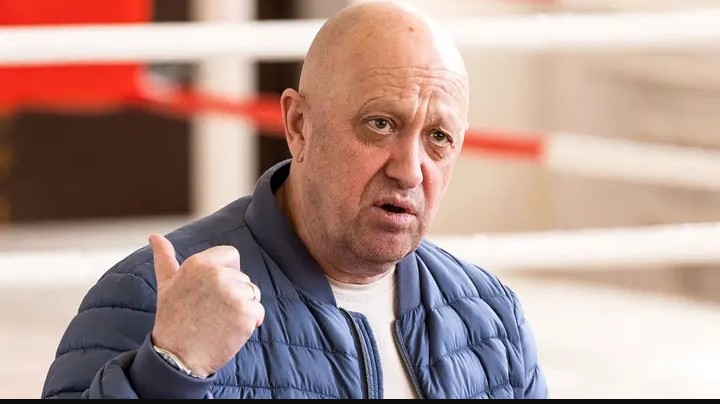
The hyperactive Prigozhin has insisted his move was not a coup but instead a rebellion against Sergei Shoigu, Russia’s Minister of Defence, and Valery Gerasimov, the head of the Russian military, who he accuses of incompetence that has killed thousands of Russian soldiers.
[the_ad_placement id=”advert”]
But, however the rebellion is dressed up, Putin is the head of the Russian state. If Russian soldiers are fighting Russian mercenaries in Russia, his leadership will be permanently compromised.
And this also appears to be a well-planned rebellion by Prigozhin and his private army. Reports have said that they have captured key military sites around the cities of Rostov and Voronezh and they were driving up a main highway towards Moscow. There appeared to be only a handful of feeble police checkpoints on the road and the rebellious mercenaries could have arrived in Moscow in hours.
[the_ad_placement id=”advert-1″]
All week, Prigozhin’s video rants against the Russian military had been getting increasingly personal throughout the week and on Friday he drifted from well-worn criticism of Russian military tactics to challenging the motivations for the Kremlin’s invasion of Ukraine, which he also described as unnecessary and a failure.
Although he blamed lies peddled by the Ministry of Defence, this was dangerous territory because everybody understands that Putin gave the order to invade.
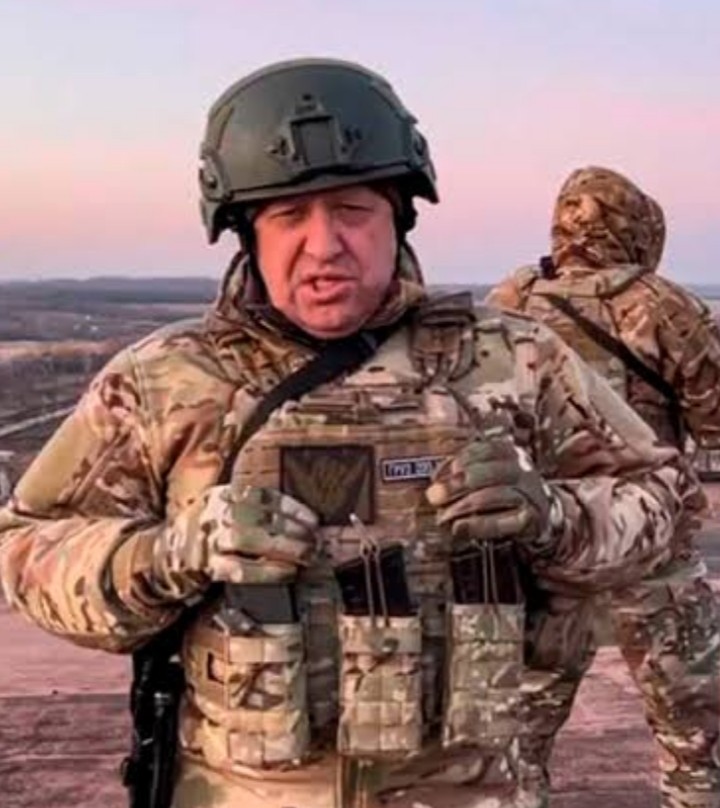
Prigozhin has said that he has recruited 25,000 loyal fighters to his cause and it is unclear if the Russian army, which is better armed but is low on morale would be able to stand up to a smaller but well-motivated and determined force.
In any case, it is shocking to see Wagner fighters patrolling the streets of Rostov-on-Don, the southern city seized by Prigozhin, sipping coffees and lounging on benches.
Prigozhin has also appealed to members of the National Guard, one of the biggest armies inside Russia, and other soldiers to join him. Whether they will is a key question. General Sergei Surovikin, known as General Armageddon and someone seen as closely tied to the Wagner group, has told Russian soldiers to stay loyal to the Kremlin.
[the_ad_placement id=”advert-1″]
But even if they do stay loyal, the Kremlin will be worried. Its forces have been decimated and are demoralised after 16 months of war in Ukraine.
Reports from the front line have said that Ukrainian forces have pushed their counteroffensive as Prigozhin’s coup unfolded, testing the mettle of already brittle Russian soldiers.
And then there was Putin’s curiously low-key response. He disappeared for 12 hours before issuing a 6-minute statement mid-morning on Saturday calling the rebels traitors and asking for support from ordinary Russians.
He looked pale, drawn and disbelieving and shifted uneasily from one foot to the other. This is the greatest threat to his 23-year reign as Russia’s leader and yet he seemed curiously unprepared and surprised.
Paranoid and out of touch, Putin’s first reaction to the coup challenge from Prigozhin had been to hide, leaving a leadership vacuum.
Later, the Kremlin said that Putin phoned former Soviet states and other allies. But if he was hoping for support and advice, he didn’t receive much.
According to Kazakhstan’s Presidential Administration, Kassym Jomart Tokayev, the Kazakh leader, told Putin politely that the coup was an entirely internal Russian problem.
[the_ad_placement id=”advert-2″]
Prigozhin has played many roles for Putin, his patron for two decades. He has been his chef, sommelier, fixer and mercenary warlord but his most consequential will be his final one – Putin’s Judas
Source: Telegraph.co.uk

